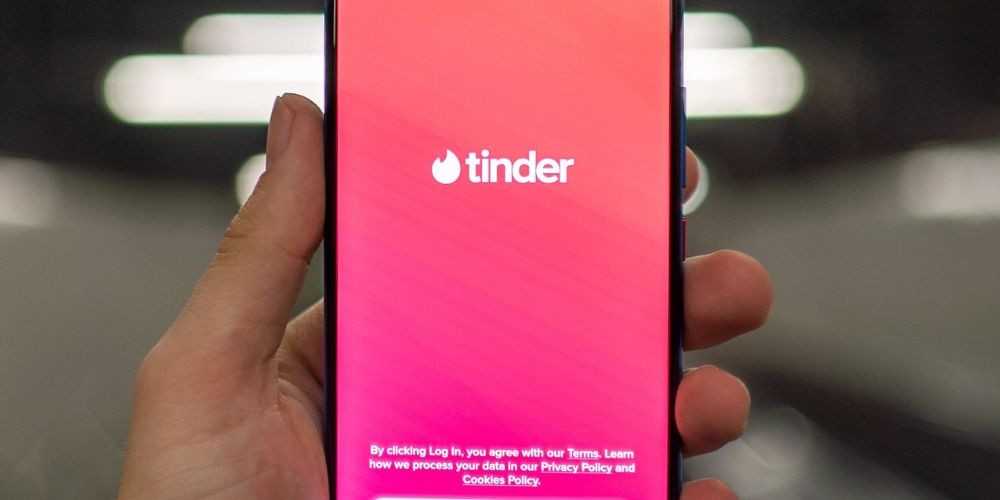Swiping Responsibly: Navigating Tinder's New Wave of User Warnings
- 934

Exploring the world of online dating is sometimes like walking through a minefield of unspoken rules and etiquette. For those just starting, especially within the 18-25 age range, making sense of what's acceptable can be daunting. Recognizing this, Tinder is launching new user warnings aimed at guiding young singles toward more respectful interactions. These notifications serve as a gentle reminder to keep online exchanges authentic, respectful, and inclusive.
The initiative operates under three main pillars. Authenticity includes discouraging impersonation and enforcing honesty. Respectfulness tackles the broad scope of behavior, from the tone of messages to respecting other users' boundaries. Inclusiveness focuses on fostering a community where all members feel welcome, irrespective of their background or identity. When guidelines are crossed, Tinder will alert the user with a message that cannot be ignored, persistently sitting in their inbox as a reminder of their online social responsibilities.
While the intent behind Tinder's new feature might seem imperative, reactions among users will likely be mixed. For some, this new layer of oversight serves as a testament to Tinder's commitment to creating a safer online space for its dating community. On the other hand, it may introduce an element of tension, with users now under the surveillance of virtual conduct watchdogs. The company undoubtedly walks a fine line between nudging behaviors toward the positive and potentially alienating its user base with too much scrutiny.
The introduction of these conduct warnings dovetails with a raft of safety features Tinder has been integrating. The "Long Press Reporting" and "Incognito Mode" are recent additions to the platform’s safety repertoire, while "Does This Bother You" and "Are You Sure" utilize machine learning to identify and mitigate harmful interactions. These tools cumulatively represent Tinder's strategy to combine technology and transparency to protect and serve its community.
In conclusion, Tinder's decision to implement user warnings is an ambitious step in the evolution of online dating culture. It addresses the very real need for guidance among young daters and underscores a commitment to a respectful and inclusive environment. The effectiveness of this new feature in shaping user behavior will ultimately be determined over time, but if successful, Tinder might set a new industry standard in the process. As these warnings roll out globally, they could signal the start of a more mindful era of swipes and messages in the quest to find love or companionship online.
